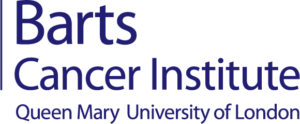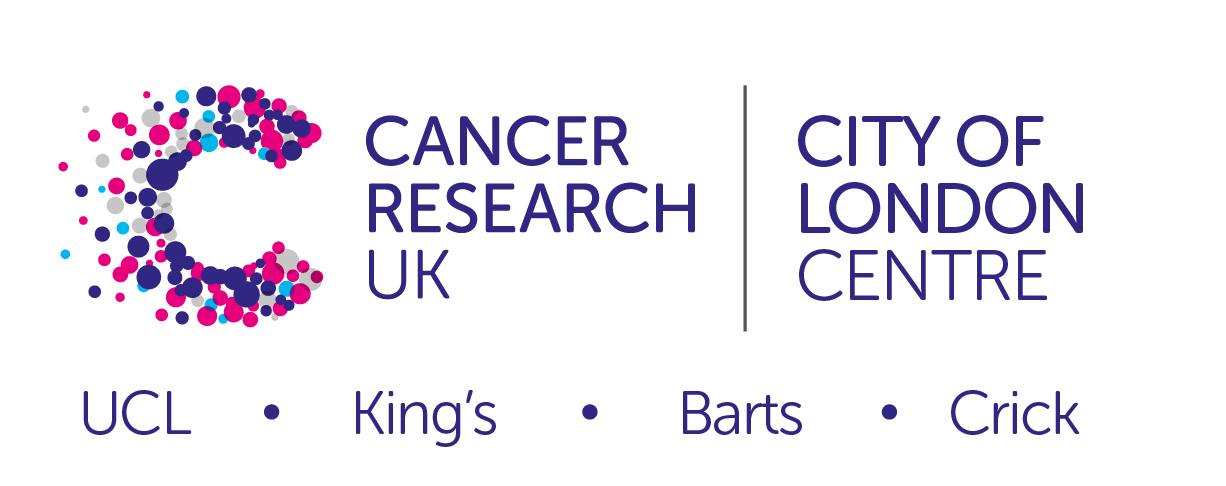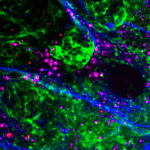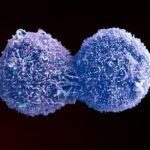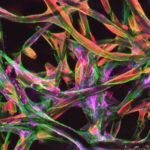Barts Cancer Institute
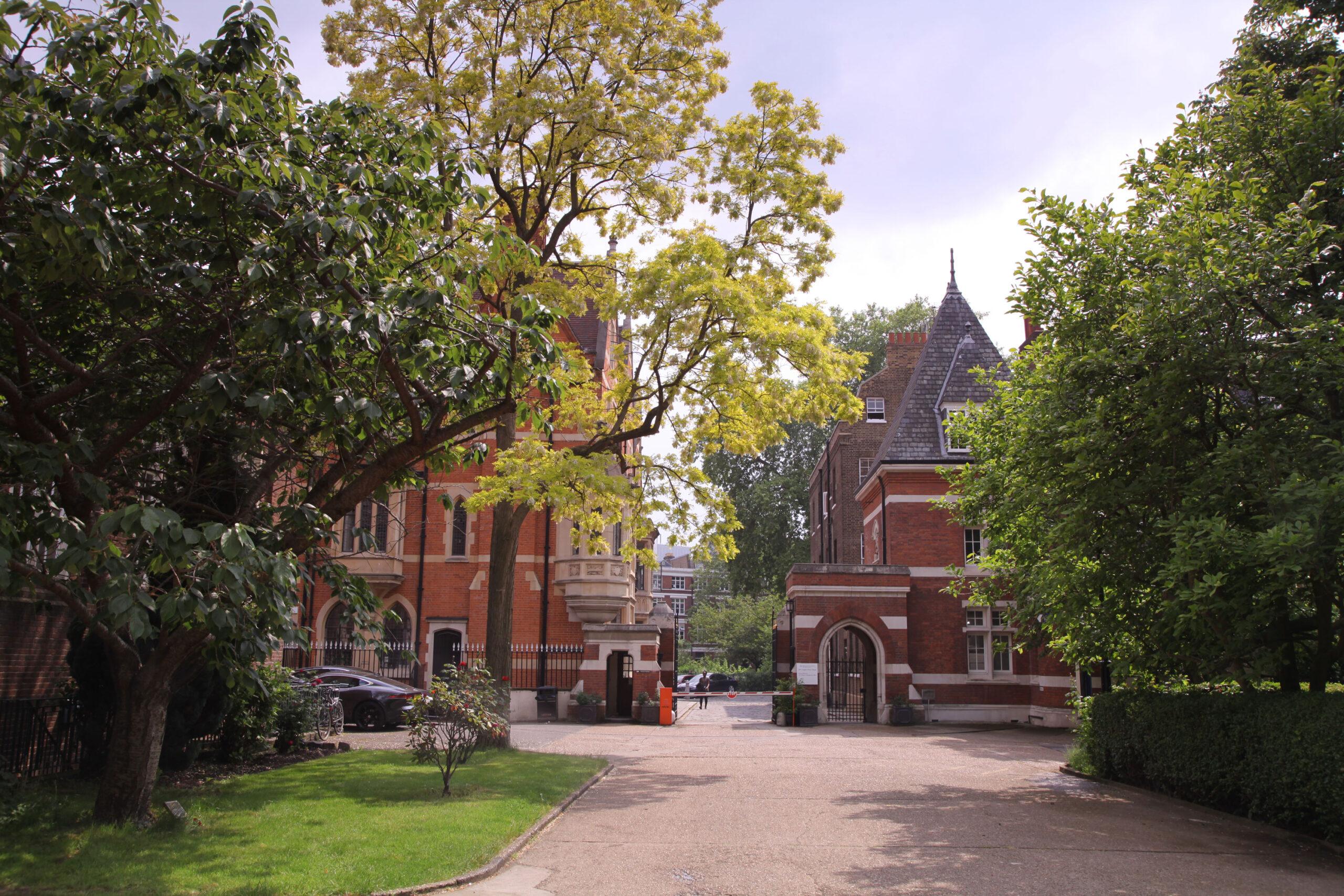
The Barts Cancer Institute (BCI) was created in 2004, and brought together some of the most eminent cancer research teams in London. As part of the Faculty of Medicine and Dentistry at Queen Mary University of London, the BCI has one overriding objective: to conduct pioneering research that drives meaningful progress for people with cancer.
Together with University College London (UCL), King's College London (KCL) and the Francis Crick Institute, the BCI is a key partner in the Cancer Research UK (CRUK) City of London Centre, a world-leading hub dedicated to cancer biotherapeutics.
Under the leadership of the Director, Professor Nitzan Rosenfeld, and supported by an Executive Board of senior investigators, our focus is to expedite the application and translation of our research to the clinic, whilst continuing to conduct cutting edge, fundamental research to understand the mechanisms that drive tumour development as well as the epidemiology, screening and prevention of cancer.
The BCI is split into six Research Centres, and our more than 350 research staff and 100 graduate students focus their efforts on two objectives: increasing the chances of cancer survival through early detection and diagnosis and improving patient survival through the discovery and development of more effective and innovative therapies. These objectives are underpinned by research into improving our understanding of the basic cell and molecular biology of cancer and the body's natural immune response to it.
We place a special emphasis on cancers of unmet need (lung, pancreas, oesophageal, ovarian and triple-negative breast cancers) throughout our research, where our breadth of expertise, from basic science to clinical trials, is evident.
We also use our expertise to teach and educate students and professionals about the science of and gold-standard clinical approaches to cancer, and to engage our local population. Our excellence in clinical practice and research provides the best environment to train the next cadre of cancer clinicians and researchers.
